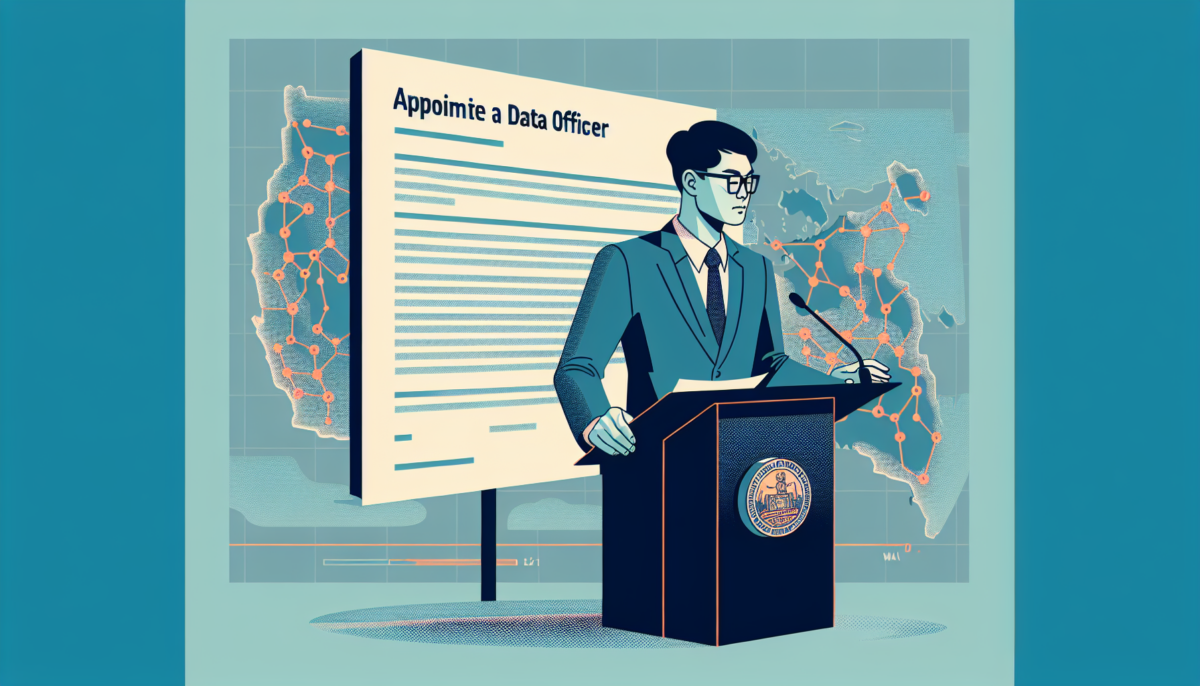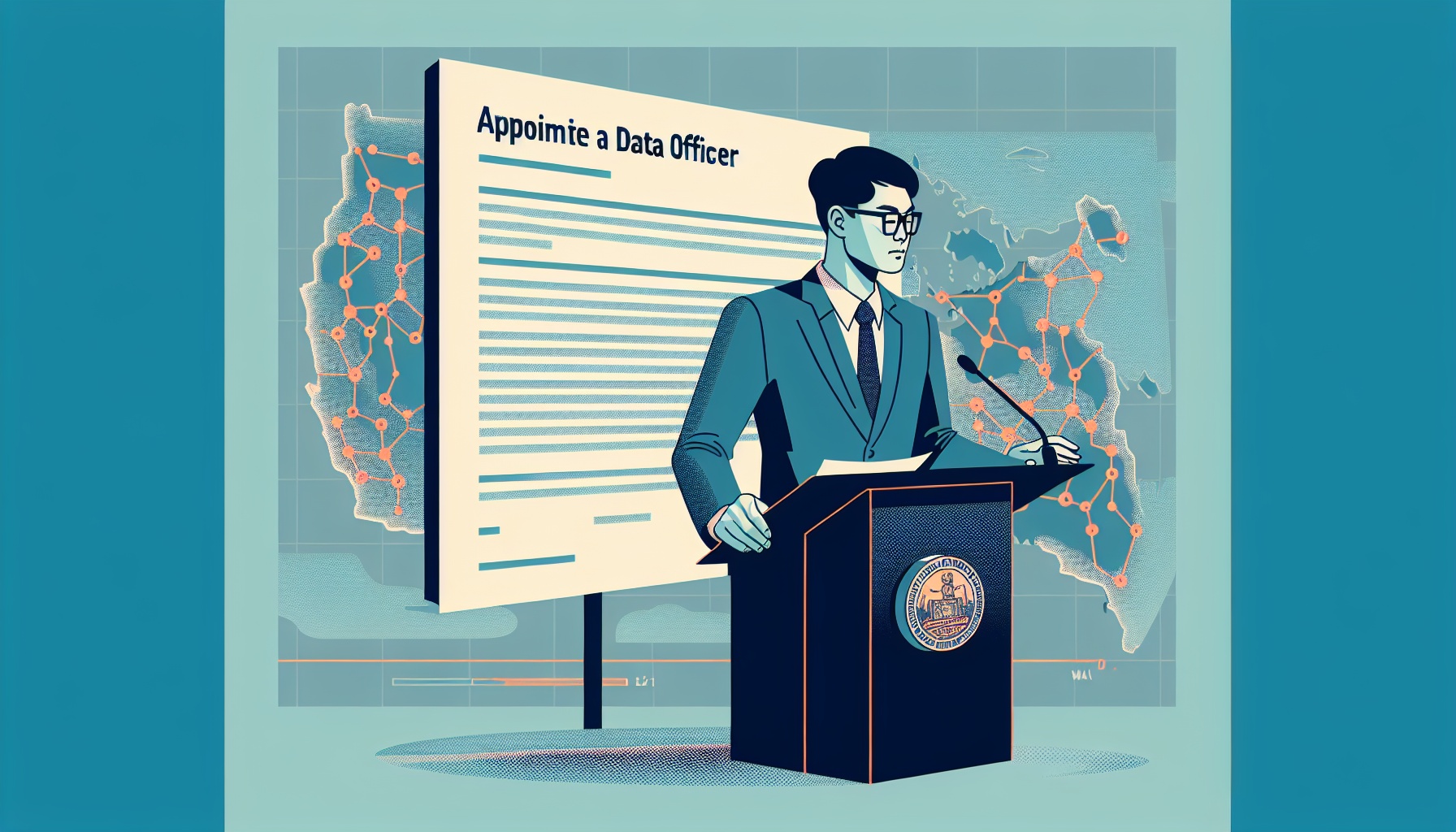“WA Poised to Name Chief Data Officer as Significant Privacy Legislation Approves”
We independently review everything we recommend. When you buy through our links, we may earn a commission which is paid directly to our Australia-based writers, editors, and support staff. Thank you for your support!

Western Australia Unveils Chief Data Officer Position Amidst New Privacy Law
Quick Overview
- Western Australia has enacted groundbreaking privacy legislation aimed at updating data protections.
- A newly created Chief Data Officer (CDO) will manage responsible data sharing in the public sector.
- Public entities and service providers will face mandatory reporting for any notifiable data breaches.
- The focus of the law is to boost transparency, responsibility, and secure usage of government-held data.
- This legislation is part of a larger initiative to enhance public service delivery and foster innovation.
Key Aspects of Western Australia’s New Privacy Legislation
Western Australia (WA) has made a substantial move toward updating its data governance with the passage of new privacy regulations. Designed to improve data safety and transparency, the new law establishes a Chief Data Officer (CDO) role and requires reporting for notifiable data breaches. This legislation emphasizes the government’s dedication to cultivating public trust by protecting personal data and utilizing information appropriately.

The bill was presented to WA’s parliament in May 2023, intending to set up a transparent system for managing data among public sector organizations. Key features of this law include the introduction of privacy principles for personal information management and a compulsory breach notification process for government entities and associated service providers.
The Chief Data Officer’s Responsibilities
A fundamental element of the new legislation is the establishment of a Chief Data Officer (CDO) position. This role is meant to lead initiatives in responsible data sharing across governmental departments and with reliable external organizations. The CDO will also promote a culture of transparency and accountability within the public sector.
The WA government states that the CDO will enhance the public sector’s capacity to responsibly manage and utilize data. This move is consistent with a global trend, where numerous countries are appointing Chief Data Officers to tackle growing concerns regarding data privacy and safety.
Compulsory Data Breach Reporting
The new law also implements a compulsory data breach notification system. It mandates that government ministers, parliamentary secretaries, public entities, and contracted service providers report any notifiable data breaches. This requirement is aimed at ensuring prompt action is taken to address potential risks when personal information is compromised.
Mandatory breach reporting is a fundamental aspect of contemporary data privacy principles, with similar rules already established under Australia’s Privacy Act 1988 for private sector entities. Extending this obligation to the public sector in WA reflects the government’s proactive approach to data safety.
Fostering Innovation and Streamlined Public Services
Innovation and Digital Economy Minister Stephen Dawson highlighted that the new rules are not solely focused on protecting personal data but also on facilitating data-driven decision-making. By using crucial datasets responsibly, the government seeks to enhance public services, stimulate innovation, and achieve better results for the residents of Western Australia.
“As the primary stewards of essential data sets provided by the community, it is our duty to ensure they are utilized to inform better decisions, provide seamless public services, and promote innovation for the public good,” stated Dawson.
Conclusion
The introduction of Western Australia’s new privacy laws represents a major advancement in modernizing data protections and reinforcing accountability within the public sector. With the establishment of a Chief Data Officer and the enforcement of mandatory data breach reporting, the government is taking concrete steps to protect personal information while promoting innovation. These developments align WA with international best practices in data privacy and security.
Questions & Answers
Q: What is the aim of the new privacy legislation in WA?
A:
The legislation is designed to modernize and enhance privacy protections, facilitate safe and secure information sharing, and create a transparent system for managing personal data within the public sector.
Q: What responsibilities does the Chief Data Officer hold?
A:
The Chief Data Officer will take the lead in developing the public sector’s capacity for responsible data sharing, encourage transparency, and oversee the secure use of government-held information.
Q: Who needs to report data breaches according to the new law?
A:
The mandatory data breach reporting requirement applies to government ministers, parliamentary secretaries, public entities, and contracted service providers cooperating with the WA government.
Q: How does this legislation reflect global trends?
A:
The legislation positions WA alongside global best practices by instituting a Chief Data Officer role and a mandatory data breach notification scheme, akin to measures found in other areas such as the EU’s GDPR and Australia’s Privacy Act.
Q: In what ways will this law benefit the citizens of Western Australia?
A:
The law is intended to safeguard personal data, enhance government transparency, and foster data-driven innovations that improve public services and decision-making processes.
Q: When will the new privacy law come into force?
A:
Although the legislation has been approved, further details regarding its implementation timeline are anticipated to be announced by the WA government.
Q: What privacy principles are addressed in the legislation?
A:
These principles detail how public sector agencies should manage personal data, emphasizing transparency, accountability, and the secure handling of information.
